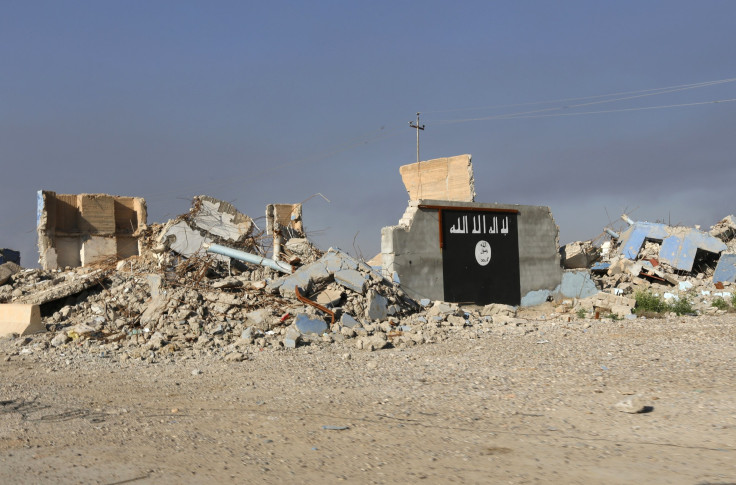ISIS In Europe News: Islamic State Foreign Fighters Difficult To Jail, German Prosecutor Says

European passport holders who are suspected of fleeing to Iraq or Syria to join extremist organizations such as the Islamic State group are difficult to jail when they return to their home countries, the top German federal prosecutor said Tuesday. Foreign fighters from Western Europe had more than doubled since June 2014, according to a December 2015 report by intelligence consult Soufan Group, and as many fighters return home, obstacles to evidence gathering have made prosecution attempts increasingly problematic.
"We often have the impression that these people were not just in Syria as sentries or to be trained in the use of weapons but that they took part in maimings, killings and bomb attacks," German Attorney General Peter Frank said, according to the Local. "We assume that these perpetrators have blood on their hands, but we often can't prove it."
All of the known attackers in the terror assault on Paris in November 2015 that left 130 dead, along with at least two of the attackers in last week’s bombings in Brussels, held European passports. The Islamic State group, aka ISIS, claimed responsibility for both attacks. The perpetrators' European residency purportedly has made it easier for them to slip back into their countries of origin undetected while planning domestic attacks.
At least 760 German passport holders left their country to join groups like ISIS since its rise in 2014, according to the report by Soufan Group. At least 200 of those fighters have returned home to Germany, where many face terrorism charges.
The cases are difficult to build, however, for both prosecutors and defense attorneys, as a persistent civil war and a lack of cooperation make it almost impossible to gather hard evidence in Syria. Accused foreign fighters in Europe have been found guilty on terrorism charges after prosecutors used confessions in tandem with social media photos of them posing with ISIS or pledging support to the group online.
While the 130 active cases against some 200 individuals in Germany may seem a daunting task, European countries with the highest numbers of foreign fighters, such as France or Belgium, have seen a combined more than 2,000 citizens join ISIS. As hundreds of those fighters come home, both nations will grapple with similar obstacles to prosecution.
The report in the Local was based on an interview given to German newspaper Süddeutsche Zeitung by the German attorney general.
© Copyright IBTimes 2024. All rights reserved.






















